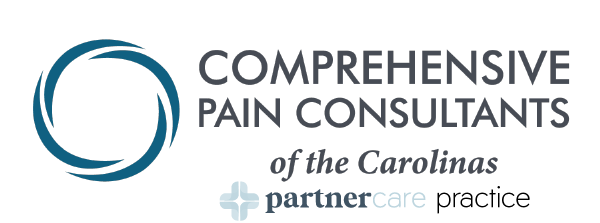Radiofrequency Ablation: What Do I Need to Know?
Do you or someone you love live with arthritis, lower back pain or neck pain? We know how frustrating these types of pain can be. One of the options your doctor may recommend as part of your treatment plan is called radiofrequency ablation. Today we’re going to give you some basic information about this treatment and why it may be a good fit for you.
How it Works
Radiofrequency Ablation (RFA) is a treatment that may offers relief to patients with chronic pain. It uses electrical currents to target specific nerves and stop their pain signals.
Once you have been properly assessed and diagnosed by a comprehensive pain solutions specialist, they will determine if RFA is a good fit for you. If so, the exact source of your pain will be determined with specialized imaging tools. Specific nerve tissue can then be accessed by a thin needle, placing a microelectrode in the area. Radio waves will heat the nerve tissue around the electrode, resulting in reduced pain messaging.
What Radiofrequency Ablation Treats
RFA has been found to be effective in patients who experience chronic pain in areas such as the lower back, neck, and knees as well as other general arthritic pain sites. At Chronic Pain Consultants of the Carolinas, we have several specific applications that we frequently use with these patients.
Back and Gluteal Pain: RFA can be used to treat pain located in the sacroiliac joint – frequently associated with lower back or gluteal pain – as well as pain along facet joints or spinal cord. To learn more about how to prepare for this treatment and what to expect in the procedure, visit our dedicated pages to radiofrequency ablation for facet joints or peripheral nerves.
Knee Pain/Osteoarthritis: RFA is also a common treatment for chronic knee pain that originates in the nerves. To learn more about what happens in this procedure and what recoverly looks like, visit our informational page about how radiofrequency ablation can help treat genicular nerves of the knee.
Radiofrequency ablation is helpful because it can provide more long-term relief than blocks with local anesthetic or steroid. With a successful treatment, relief can last anywhere from 6 months to years. Call CPC to schedule an assessment with one of our arthritis doctors in Asheville, NC to see if RFA is a good fit for you.
Risks
Radiofrequency ablation is considered a low-risk treatment. In fact, patients may return to their normal activities on the day of the procedure. Performed on an outpatient basis, this procedure only requires local anesthetic and mild sedation, minimizing possible complications resulting from open surgery and general anesthesia. Possible complications include:
Infection at incision/insertion site
Inflammation
Bleeding
Nerve damage
RFA would not be recommended for anyone who has an active infection or bleeding problems. Be sure to inform your doctor if you have any allergies to numbing agents or iodine prior to the procedure.
Comprehensive Pain Solutions
Finding the most effective pain management protocol and treatment is tricky. At CPC, our dedicated medical team is comprised of experts in a wide range of non-surgical and interventional treatments. We are passionate about finding the right treatment plan for your unique pain. We offer radiofrequency ablation, physical therapy, prescription pain medications, epidural steroid injections, joint & soft tissue injections, spinal cord stimulator implants, kyphoplasty, and much, much more. Call today to schedule your first appointment!

